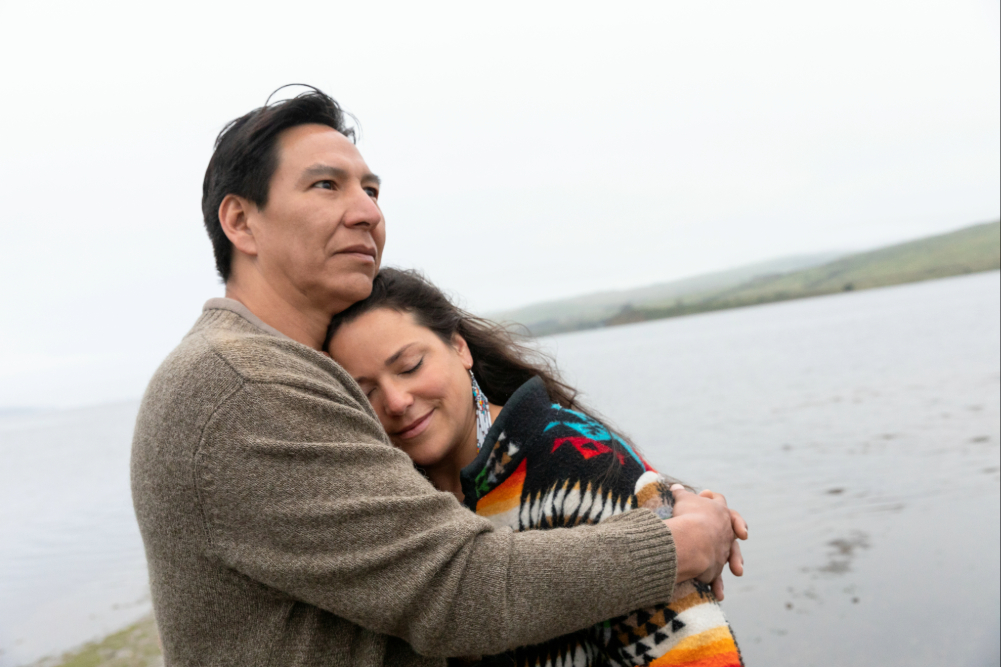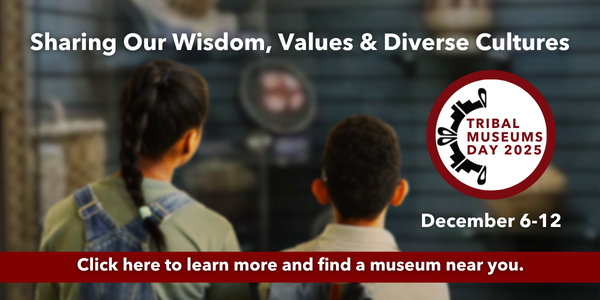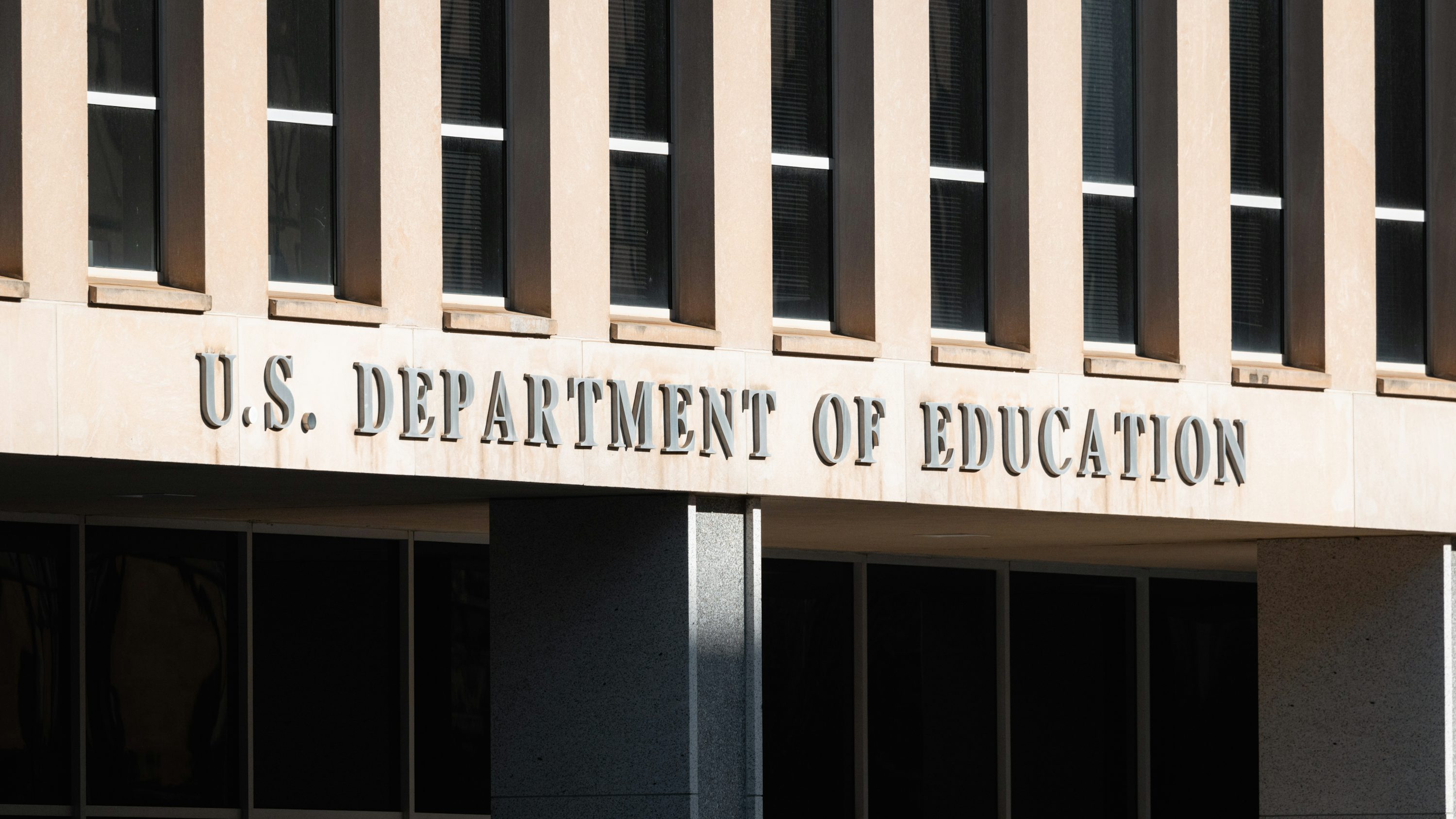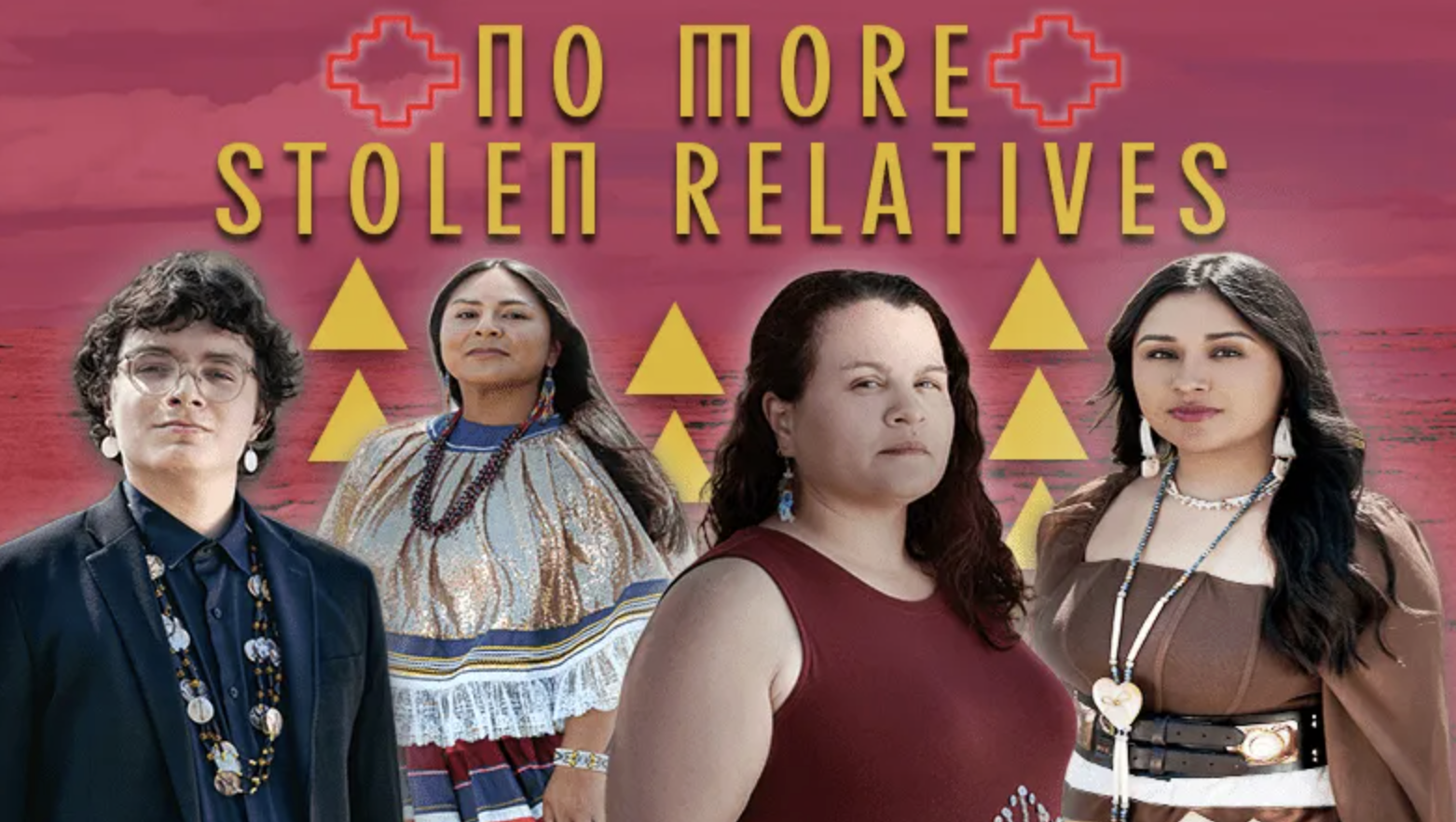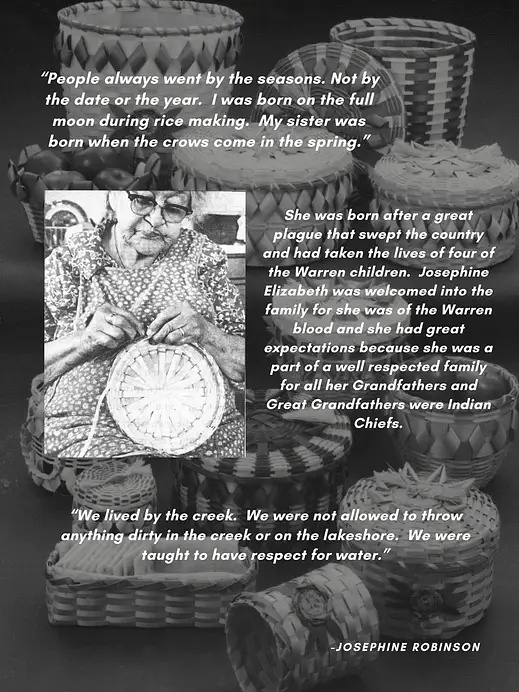- Details
- By Levi Rickert
With the summer upon us, it is a great time to spend time with family and friends at powwows, recreatiional activities, and other events. Don't let your fun be disrupted by unexpected accidents or unfortunate mishaps.
Follow good safety pratices so you can have the most fun:
Fireworks
Every year, thousands of people go to the emergency room with firework-related injuries around the 4th of July. The safest way to enjoy fireworks is to attend a public display conducted by trained professionals. After the fireworks display, children should never pick up fireworks that may be left over. They may still be active.
Sparklers
Sparklers can heat up to 1,200 degrees, cause severe burns.
- Make sure kids keep sparklers outside, away from their face, clothing and hair, and do not pick up used hot sparkler
- Supervise kids while they’re playing with sparklers, and dispense used sparklers into water bucket.
Campfires
Prevent your campfire from becoming a wildfire! Follow these tips from the National Fire Protection Agency:
- Check if you need a permit.
- Select a level, shaded location away from wind, dry brush, tents and other flammable materials.
- Campfires should be 25 feet away from anything that can burn: grass, leaves, needles.
- Scoop a slight hole in the cleared area to build the fire. Place a ring of rocks around it.
- Cut wood in short lengths. The fire should be built low. Tall, raging camp fires can create many burning embers.
- Never use gasoline or paper to start a fire.
- When burning, have a hose, a bucket of water, or shovel and dirt or sand nearby to extinguish the fire.
- Fire must never be left unattended, and the fire must be extinguished completely before everyone leaves camp. Children should always be supervised around a campfire.
More Stories Like This
Diné-led nonprofit immerses children in their native languageThe mystery of wildlife and a world beyond our understanding
Feds close to releasing draft environmental review of Colorado River management options
Happy Holidays from Native News Online
After Trump cuts, seeds sit in the warehouse
Help us defend tribal sovereignty.
At Native News Online, our mission is rooted in telling the stories that strengthen sovereignty and uplift Indigenous voices — not just at year’s end, but every single day.
Because of your generosity last year, we were able to keep our reporters on the ground in tribal communities, at national gatherings and in the halls of Congress — covering the issues that matter most to Indian Country: sovereignty, culture, education, health and economic opportunity.
That support sustained us through a tough year in 2025. Now, as we look to the year ahead, we need your help right now to ensure warrior journalism remains strong — reporting that defends tribal sovereignty, amplifies Native truth, and holds power accountable.
 The stakes couldn't be higher. Your support keeps Native voices heard, Native stories told and Native sovereignty defended.
The stakes couldn't be higher. Your support keeps Native voices heard, Native stories told and Native sovereignty defended.
Stand with Warrior Journalism today.
Levi Rickert (Potawatomi), Editor & Publisher





